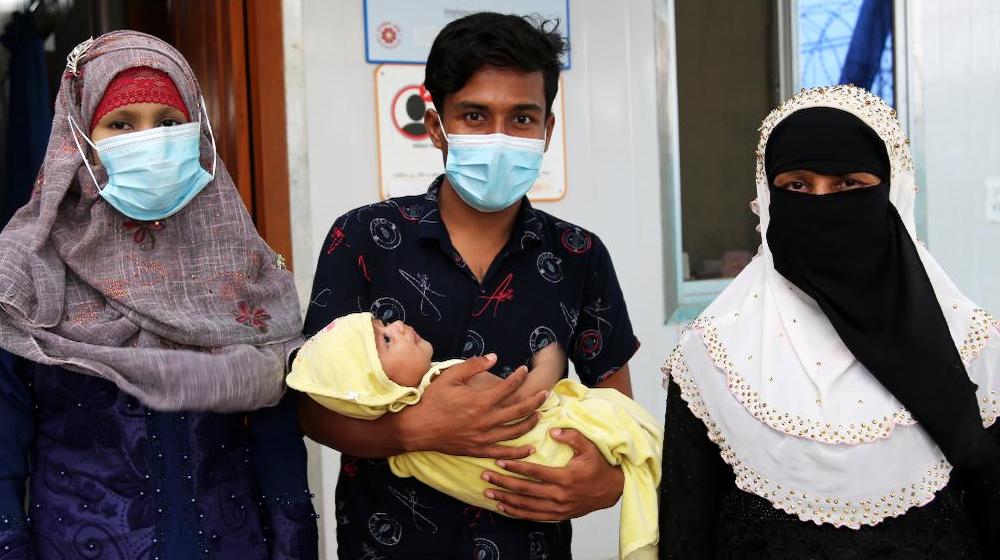
Often people view women’s empowerment and women’s reproductive health and rights as solely a women’s issue. But, achieving gender equality is impossible without engaging men and boys.
UNFPA, the United Nations reproductive health and rights agency, works globally to engage men in a range of issues. Issues including family planning, parenting, gender norms, and violence against women.
Here are 5 examples of men standing up for women’s rights:
1. Men are supporting their partners through pregnancy and childbirth.
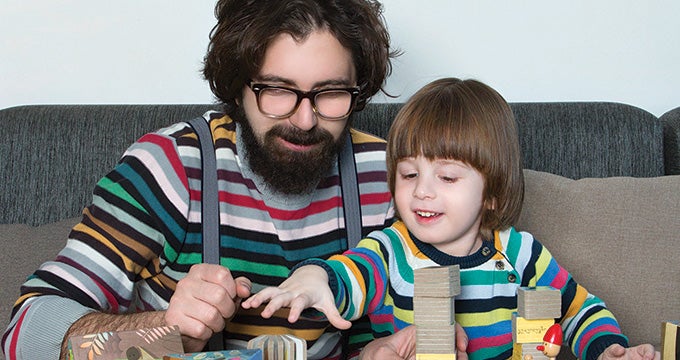
Anything relating to pregnancy, childbirth, and caring for babies is often left to mothers, even if they need rest and recovery. Meanwhile, this can be dangerous for new moms, as they may be unable to get the medical care they need.
In Thailand, a UNFPA hospital requires men to be present for check-ups and prenatal classes. The soon-to-be dads learn how to bathe and feed their babies and take on more household chores.
Additionally, men’s presence throughout pregnancy and after the newborn’s arrival has had wonderful outcomes. Partners report feeling closer, making couples better equipped to make choices about when to have their next child.
2. Men are caring for their children.
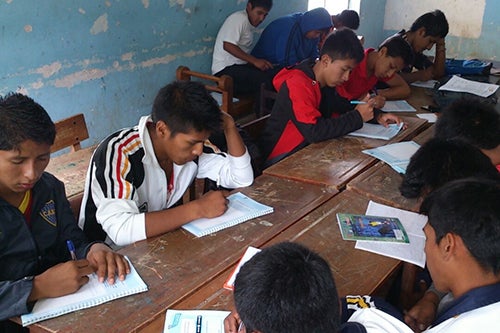
Women take on many childrearing responsibilities. For example, reading to their kids, taking them to school or parks, and cooking meals for the family. When women bear the majority of childcare responsibilities, they are limited in their ability to have relationships and opportunities outside of the home. Consequently, this can contribute to dangerous ideas about what women are capable of and what their role in society should be.
In Georgia, some men are shifting ideas about fatherhood. A Georgian TV show, produced with UNFPA, follows a father spending the day with his kids – getting them ready, changing diapers, making lunch- without the help of his wife.
Normalizing fathers as equally active parents promotes ideas of gender equality, both in the home and outside of it.
3. Men are confronting harmful ideas around masculinity.
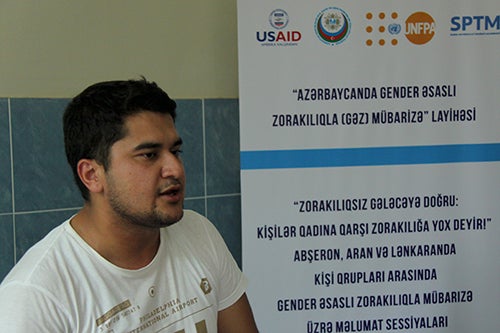
When men feel they have a right to women’s bodies or that being emotionally vulnerable is a sign of weakness, women get hurt.
In Zimbabwe, ideas about masculinity have contributed to the spread of HIV/AIDS. There, control and toughness define masculinity. This mentality is expressed through multiple sexual partners, acts meant to scare and control women, and an unwillingness to involve partners in decisions about their sexual and reproductive health.
Padare, a men’s organization supported by UNFPA, encourages men and boys to educate themselves on sexual health issues, like HIV/AIDS. Thus, allowing them to open up to each other and their partners, and care for those living with AIDS.
These actions reduce the burden on women to be the sole emotional and physical care providers. Also, they challenge the idea that men are dominant and women are submissive.
4. Men are stopping other men from committing acts of gender-based violence.
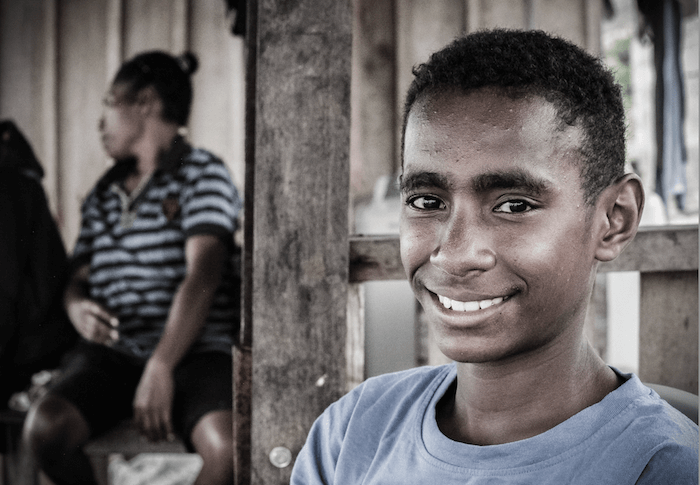
Gender-based violence comes in many different forms: domestic abuse, reproductive coercion, sexual assault, rape, economic control, child marriage, sex trafficking, catcalling, harassment, and others. Often, these behaviors intend to terrify and control women and girls.
In Myanmar, some men are stepping up to call out other men on their harmful behavior. These men are part of a UNFPA program that teaches how to approach an abuser and deescalate the situation so that the woman and her family will not face retribution.
These men also try to educate abusers on why their actions are wrong. Slowly, the idea that women should put up with abuse from their husbands, is facing resistance.
5. Men are taking on family planning responsibilities.
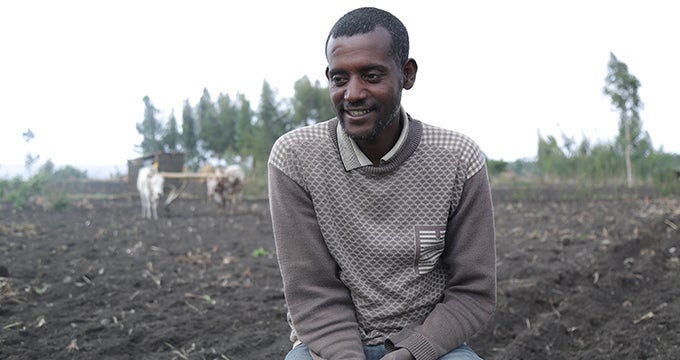
If they wish to prevent pregnancy, an expectation exists that women should talk to their doctors about their birth control options. Even with condoms, women frequently must insist on their usage. Misconceptions about condoms and ideas about masculinity inform this attitude.
However, in Ethiopia, some men are taking family planning into their own hands and their own bodies. One husband traveled to a UNFPA clinic that provides vasectomies upon recognizing he and his wife did not want more children.
Vasectomies are effective at preventing pregnancy and are relatively quick to perform. Furthermore, long-term birth control is not the best option for all women, so having all methods of family planning available, like vasectomies, allows couples to make the best decisions for their lives and health.
When men equally share in family planning, household duties, child, sick and elder care, and work to educate themselves on destructive behaviors and mentalities, women can participate as partners and members of society.
Empowering women to reach their full potential cannot be done without asking men to change their attitudes toward masculinity, power, and their roles as fathers and partners. UNFPA works with men and boys to support women, girls, and sexual and reproductive rights.